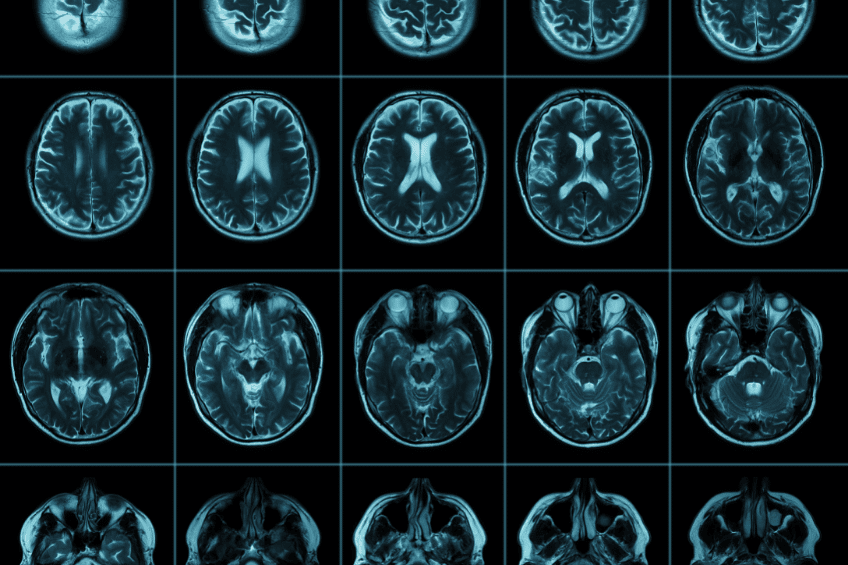Diagnostics
During the appointment the doctor will first ask about your medical history and the timeline of your symptoms. Then they’ll examine you in order to find the origin of the dizziness. The relevant types of examination will depend on the particular set of symptoms you are experiencing and the conditions in which they manifest. The examination might include: taking the temperature, examining the ear, examining the eyes and their movements, checking the pulse and blood pressure, checking balance and coordination, looking for any weakness in the muscles of the arms, legs or face.
Depending on what information has been established from the tests above, further tests might be necessary. They will depend on which diagnosis is suspected.
The tests might include:
- a hearing test;
- a blood test – if there is a suspicion for anemia;
- an MRI scan or a CT scan – if brain damage is being suspected;
- an electrocardiogram;
- a heart ultrasound scan – to see if abnormal blood circulation and low blood pressure could be the possible cause of dizziness episodes.
